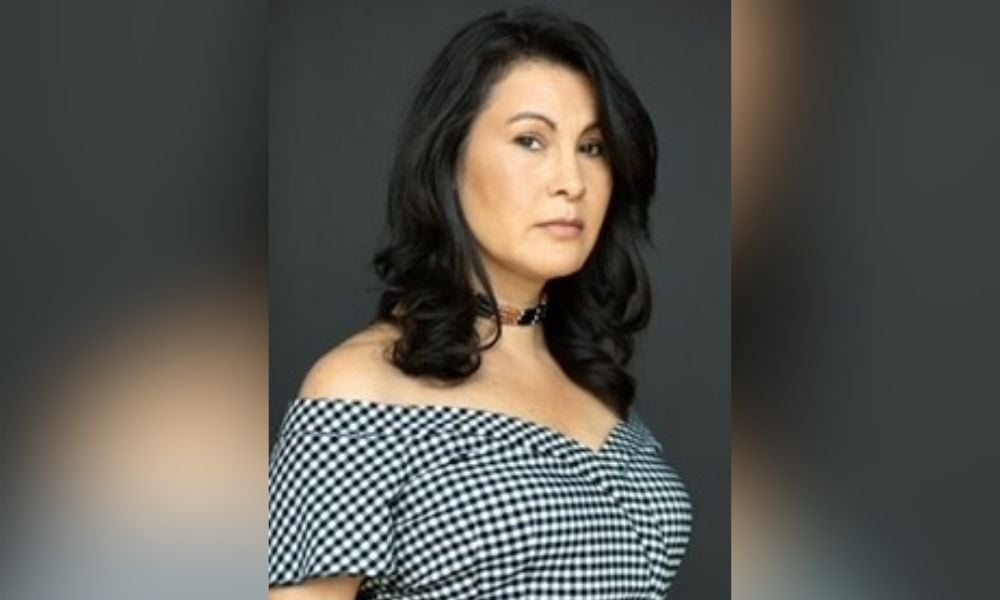'We need to have a fighting chance to get our children back,' says executive director Na'kuset

New federal-government funding for the Native Women’s Shelter of Montreal Family Care Legal Clinic will help the organization build an “army” around Indigenous women fighting to get their kids back from youth protection services, says its executive director Na’kuset.
Justice Canada has committed to providing the legal clinic $919,275 over four years. The department said that the investment is part of its effort to provide “fair and equal access to justice for Indigenous and racialized communities across the country” and to address “systemic racism and discrimination in all its forms and in all phases of the justice system.”
The Native Women’s Shelter of Montreal (NWSM) is Montreal’s only shelter catering exclusively to Indigenous women and girls. Its Family Care Legal Clinic provides legal advice to women, youth, and families. It offers public education to assist Indigenous families in understanding their legal rights and those of their children regarding youth protection, child custody, and domestic violence.
Originally from Lac La Ronge in Saskatchewan, Na’kuset has been with the NWSM since 1999. In her time at the shelter, she has seen the cyclical pattern of Indigenous mothers, who were in youth protection when they were young, having their own children end up in the system.
Throughout her career, Na’kuset has also worked closely with Batshaw Youth and Family Centre. This non-profit is part of Quebec’s Health and Social Services network and provides youth protection services. Over the years, the relationship has soured, however, and after a research project on which they were coordinating fell apart, they severed their working relationship. But the issue of the overrepresentation of Indigenous children in state care persists, and Na’kuset hopes the legal, health, and social services she is building at NWSM will empower Indigenous women to get their children out of the system independently.
Many of the women with whom the NWSM works cannot afford a lawyer, so they go to legal aid, says Na’kuset. But the lawyers they end up with will not necessarily have sufficient knowledge of the relevant historical background, including the intergenerational trauma experienced by Indigenous people.
“The women go, and they don't necessarily have someone who has their back,” she says. “What we want to do is hire someone who is incredibly knowledgeable, who understands Indigenous people, who would ideally be Indigenous, to be there, so when youth protection is about to take her child, that woman will have a lawyer. Then we'll be able to fight to get her kids back.”
Once children are in the system, they tend to stay in it, and Na’kuset notes that this has a devastating impact on mothers too. “When moms lose their kids, they kind of spiral down. We've seen where a lot of women just – they die. They'll drink themselves to death. They have no hope.”
In addition to a family lawyer, the NWSM also plans to hire a social worker, which NWSM will call an empowerment worker, to avoid the negative connotation associated with the term. Through private-foundation funding, NWSM will also hire an intergenerational trauma counsellor, a coordinator of care, and an educator.
“When someone calls and says they're having a problem, we will have an army around the women,” says Na’kuset.










